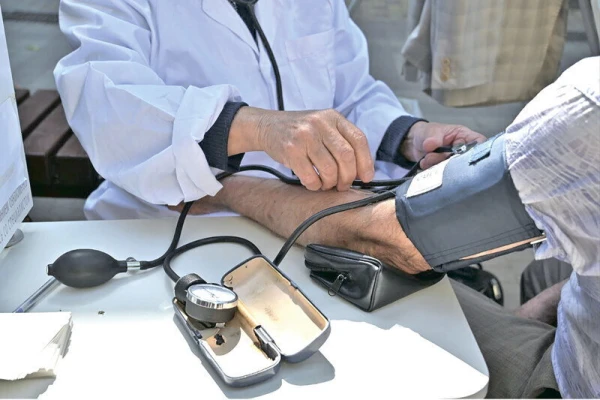
This element ranks fourth in abundance in the body, surpassed only by such giants as calcium, potassium, and sodium. The role of magnesium is hard to overestimate; it is directly or indirectly involved in about two hundred processes in the body.
All the magnesium in the body can fit into two tablespoons. But the role of this mineral is hard to overestimate. Without it, there will be no strong skeleton, strong muscles, or mental balance. The mineral is involved in the functioning of all internal organs from the brain to the bladder. This element is present in small amounts in almost every cell of the body. It is necessary to maintain the balance of water and dissolved ions, the full functioning of cells, and the operation of all tissues and organs.
There is data that up to 25% of adults suffer from magnesium deficiency. This is due to the insufficient amount we receive from food and drink. Therefore, various health problems and unpleasant symptoms of magnesium deficiency may arise. To clarify why this mineral is so important, "Doctor Peter" asked Elena Grek, an allergist-immunologist and gastroenterologist.
The Importance of Magnesium for the Human Body
Magnesium is incredibly important for any person. It provides us with the energy necessary for life and is responsible for the condition of the musculoskeletal system. In addition, it helps maintain the functioning of the main systems of our body: the nervous, immune, and cardiovascular systems.
Magnesium is involved in energy metabolism at the level of individual cells and the entire body as a whole. Without this mineral, a person would feel constant fatigue and would be unable to do anything.
Magnesium is necessary for the normal growth of bones, muscle development, and coordination of human movements. By supporting vascular tone, it also normalizes blood pressure and heart rate.
For the central nervous system, the main significance of this mineral lies in its ability to reduce neuronal excitability. As a result, magnesium helps control stress levels and participates in important mental processes: memory, thinking, and concentration.
Finally, magnesium is an "assistant" to insulin. By facilitating the hormone's entry into blood cells, it regulates glucose levels.
Signs of Magnesium Deficiency: From Mild to Severe
The first signs of magnesium deficiency in the body include:
-
rapid fatigue,
-
difficulties with concentration,
-
memory problems.
A person may begin to suffer from mood swings, sudden bouts of anxiety, and irritability.

Signs of More Severe Deficiency Include:
-
muscle cramps,
-
numbness and spasms in the arms and legs,
-
elevated blood pressure,
-
heart rhythm disturbances: tachycardia or arrhythmia.
It is worth noting that sometimes a person with magnesium deficiency may not feel any negative manifestations at all. At least, not until the deficiency becomes critical. Furthermore, the listed symptoms are also characteristic of other conditions and diseases. Therefore, only a doctor can diagnose magnesium deficiency.
Magnesium-Rich Foods
On average, we need about 300–400 mg of magnesium daily. The exact daily dose depends on a person's age and gender: it is higher for men than for women. Adjusting the diet can help maintain the natural balance of this mineral in the body.
One of the richest sources of magnesium is sesame seeds. In 100 grams of its seeds, there are 540 mg of the mineral. However, not everyone is ready to consume 100 grams of sesame seeds daily.
Nuts, especially cashews and almonds, sunflower seeds, buckwheat, peas, beans, and barley also boast high magnesium content. This mineral is also abundant in apples, bananas, and grapefruits. Finally, you can confidently include dark chocolate in your diet. A 100-gram serving of this treat contains a third of the daily magnesium dose — 133 mg. But keep in mind that consuming such an amount of chocolate every day will inevitably affect your figure.
How to Compensate for Magnesium Deficiency
Addressing magnesium deficiency should start with identifying the cause of the problem. Successful absorption of the substance may be hindered by gastrointestinal diseases and the intake of certain medications. Sometimes, magnesium enters the body normally, but in insufficient amounts considering increased expenditures. For example, it may be lacking to compensate for severe stress or intense physical activity. This condition is referred to as minimal sufficiency.
If increasing magnesium levels through dietary adjustments is not possible, it can be corrected with medication.
Today, there are many magnesium complexes and combined preparations available on the market. For instance, in cases of elevated blood pressure, magnesium taurate, which also contains the amino acid taurine, is recommended.
In general, magnesium supplements are considered quite safe. **However, self-medication is still not advisable. It is better to trust a doctor with the selection of the medication and dosage calculation.














Leave a comment